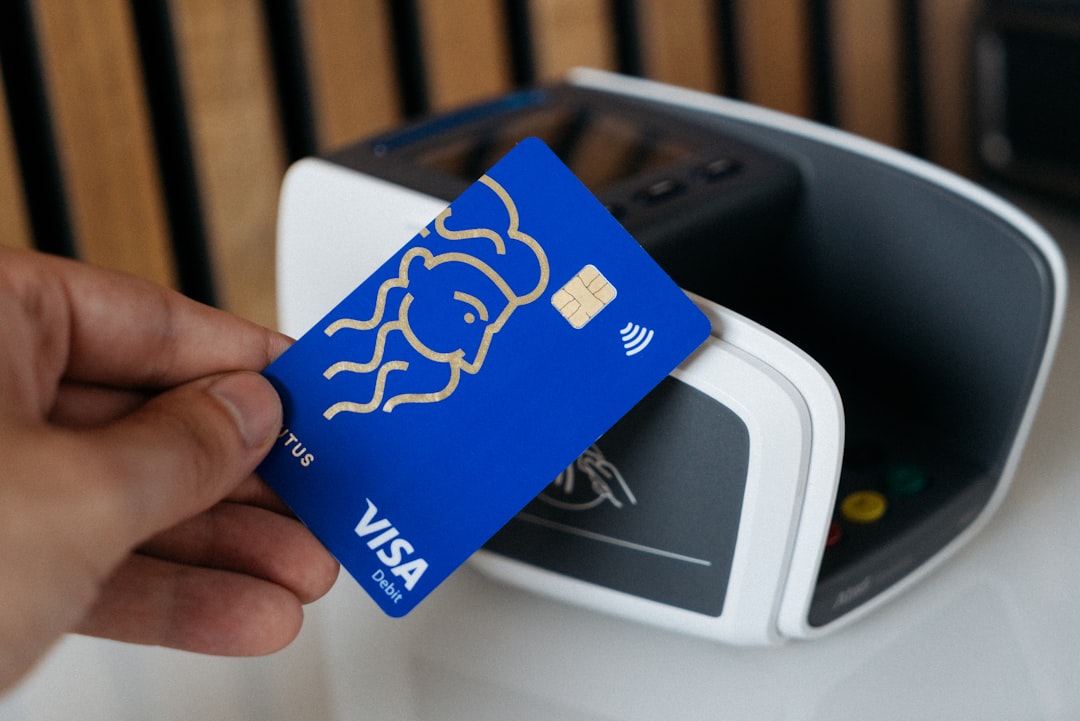As legal sports betting continues to expand throughout the United States, players are becoming more inquisitive about the different ways they can quickly and securely fund their accounts and collect their winnings. In a space where convenience and security are paramount, the most common payment methods for sports betting reflect trends in digital finance, user preference, and platform efficiency.
Online sportsbooks in the U.S. offer a variety of payment options tailored to suit different types of bettors—from the tech-savvy to the traditional. Understanding which options are the most widely used and preferred helps new users make informed decisions and ensures seasoned bettors enjoy a smoother betting experience.
1. Credit and Debit Cards
Visa and Mastercard remain among the most common and accepted forms of payment at U.S. sportsbooks. Most platforms allow deposits via credit or debit cards instantly, making them a convenient choice for quick access to betting funds. However, not all banks allow card transactions related to gambling, which can lead to declined payments even if the sportsbook accepts cards.
Pros:
- Instant deposits
- Widely accepted
Cons:
- Some banks may block transactions
- Cash withdrawals typically not possible
2. Online Bank Transfers (ACH/eChecks)
Also known as Automated Clearing House transfers, this method has quickly become a go-to for American bettors. ACH transfers provide a secure and direct way to move funds between a bettor’s bank account and their sportsbook balance.
Pros:
- Secure and easy to use
- Ideal for both deposits and withdrawals
Cons:
- May take 1–3 business days
- Initial setup may require account verification
3. PayPal and Other E-Wallets
PayPal is one of the most popular e-wallets in the U.S. and is widely accepted by state-regulated sportsbooks. E-wallets serve as intermediaries between your bank account and the sportsbook, enabling faster transactions and heightened privacy.

Other notable digital wallets accepted on select platforms include Skrill and Neteller, although they are less commonly used in the U.S. compared to PayPal.
Pros:
- Fast deposits and withdrawals
- Enhanced privacy and security
Cons:
- May require additional account setup
- Small transaction fees may apply
4. Prepaid Cards
Many online sportsbooks promote their own branded prepaid cards, which can be loaded with funds and used for both deposits and withdrawals. Additionally, general prepaid Visa or Mastercard options offer a useful alternative to traditional banking methods.

Pros:
- Works even if your bank blocks gambling transactions
- Can be used for withdrawals (in select cases)
Cons:
- Need to be preloaded
- Limited to certain sportsbook brands
5. Cash at Casino Cage
In states where sportsbooks are tied to physical casinos, bettors can often deposit and withdraw funds directly through the casino’s cashier cage. This method allows for immediate access to winnings and is ideal for those who live near associated casinos.
Pros:
- Instant deposits and withdrawals
- No fees
Cons:
- Requires in-person visit
6. Wire Transfers
Though less commonly used for casual bettors, wire transfers are available for large transactions. They are often preferred for high-stakes betting but come with longer processing times and additional fees.
Pros:
- Ideal for large deposits
Cons:
- Slower processing time
- Typically includes fees
FAQs
- Q: Which payment method is the fastest for deposits?
A: Credit/debit cards and PayPal typically offer instant deposits. - Q: How long do withdrawals take?
A: PayPal and prepaid cards may process within 24–48 hours, while ACH transfers can take 1–3 business days. - Q: Are there fees for depositing or withdrawing?
A: Most reputable sportsbooks do not charge deposit fees, but withdrawal fees can apply, especially for wire transfers and some e-wallets. - Q: Can I use cryptocurrency to bet on sports?
A: Most state-regulated sportsbooks do not currently accept cryptocurrency, but some offshore sites do. - Q: Is it safe to use my bank account for sports betting?
A: Yes, as long as the sportsbook is licensed and regulated in a legal state. Always use secure and reputable platforms.
